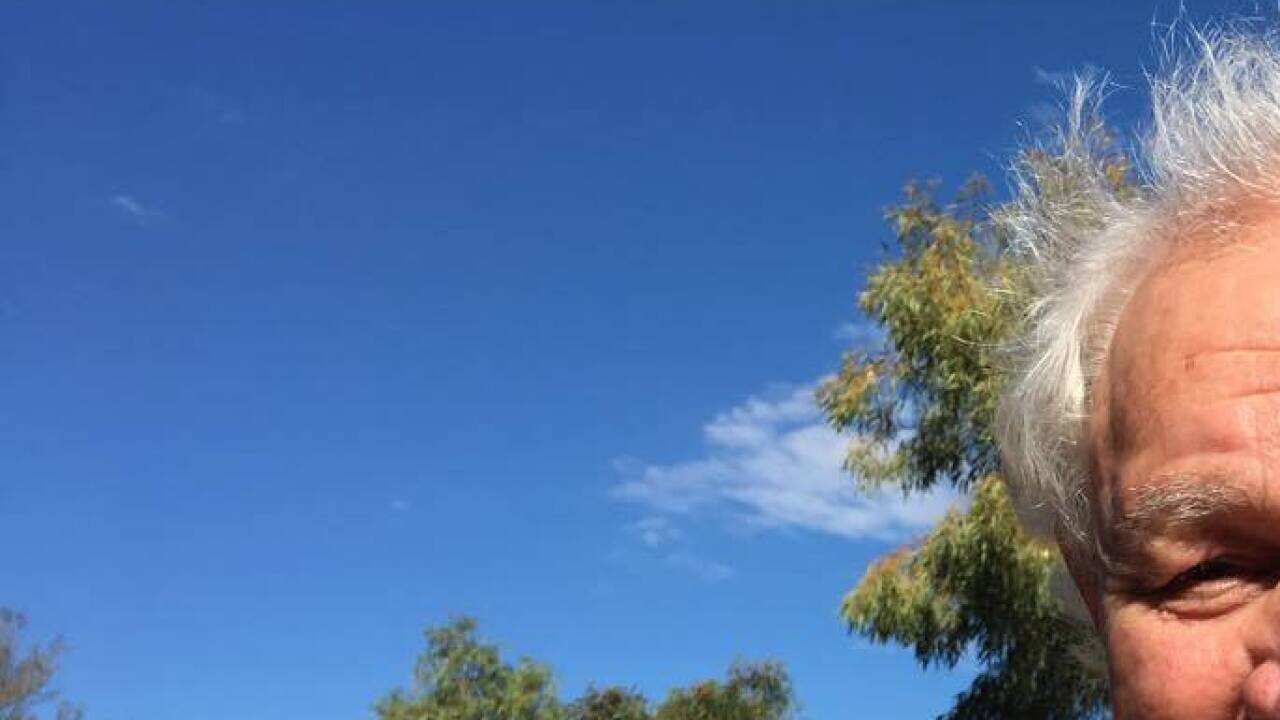“Disappointment,” “failure,” “confusion” and “disrespect” are just some of the terms used to express views at the federal government’s decision to reject the recommendation for a referendum into the creation of a representative body to give Indigenous peoples a voice to the Australian Parliament.
The Law Council has also criticised the Federal Government’s failure to identify any further process through which constitutional reforms and reconciliation with Australia’s First Nations will be advanced.
Law Council President, Fiona McLeod said the manner of the announcement misrepresented the outcomes from the Uluru Statement from the Heart and the Referendum Council’s .
“It is disappointing the government has not adopted the recommendation put forward by the Referendum Council to hold a referendum seeking to give Aboriginal and Torres Strait Islander First Nations a Voice to Parliament,” Ms McLeod said.
“The suggestion that a Voice to the Australian Parliament amounted to a ‘third chamber’ is not a conclusion that could reasonably be drawn from the report of the Referendum Council. Its abject rejection must be deeply confusing and hurtful to the many Aboriginal and Torres Strait Islander communities that participated in this process, in good faith.”
Recently The Law Council announced full support for the recommendations of the Referendum Council and remained committed to seeing their implementation.
“As a nation, we must continue to work with the Aboriginal and Torres Strait Islander communities to determine the next steps on the path to reconciliation.”
For decades, co-chair of the expert panel for Constitutional Recognition of Indigenous Australians and Labor Senator Pat Dodson fought hard for Constitutional recognition. He said the decision misses the point of what the Indigenous people have asked.
"It's a bit like having shut the gate after the bull's gone through it, isn't it? You've got a position of the cabinet that says, almost emphatically, you're not interested in a voice either being entrenched or being legislated for. And now you say there'll be a joint committee," Senator Dodson explained.
There was no consultation by the Government with the main proponents of the proposal, with any First Nations groups.
"Irrespective of what the cabinet's decided, it can have its discussion. If it comes back to the government and says, 'We've asked the Aboriginal people of Australia and they've told us they wanted a voice,' and you say, 'Well, sorry, we've made the decision,' what a waste of time that is."
Senator Dodson said the results are not fair.
“This is a 200-year history where we’ve been trying to get reconciliation and re-establish a relationship with First Nation peoples,” he exclaimed.
“Not only is constitutional recognition off the agenda, but now according to my interpretation — any kind of legislative entity is off the agenda.”
He also criticised the Government for attempting to dictate to Indigenous Australians how they should seek recognition.
"The Government did little or no work on how such a proposition could be crafted and did nothing to get support for the proposition put by the Referendum Council. It decided in its own wisdom Australians would not support such a matter."
"It is evident that there was no consultation by the Government with the main proponents of the proposal, with any First Nations groups or the Opposition."
RELATED CONTENT:

Uluru Statement: Palawa man calls for new national body
Australian people have taken to social media to unleash their outrage over the decision.
Although the decision has sparked controversy and heated debate. Some people compared it to propaganda following Mabo in the early 90's.
The Labor Party in Opposition will continue to work towards constitutional change, including as much as possible with the Government. A change in attitude and respect would be required before bipartisan support for Constitutional Recognition can be achieved.
Bill Shorten has called upon the PM to reconsider his Cabinet decision.
"The Labor Party remain committed to the goal of constitutional recognition for First Peoples and to further discussions within Caucus and with First Nations Peoples about taking the recommendations that came from Uluru forward."





